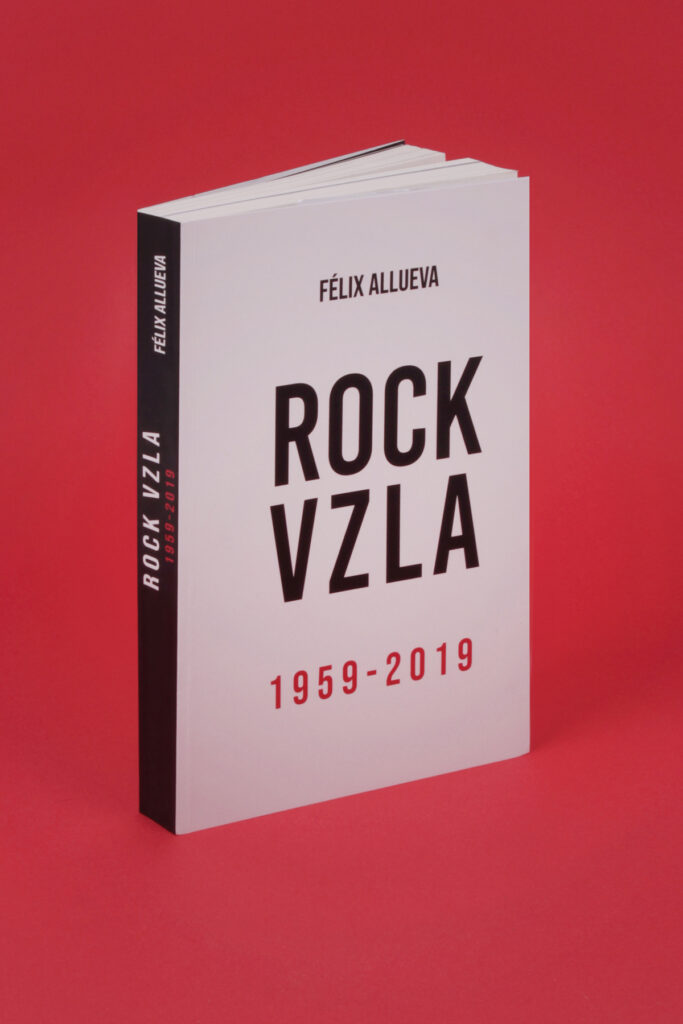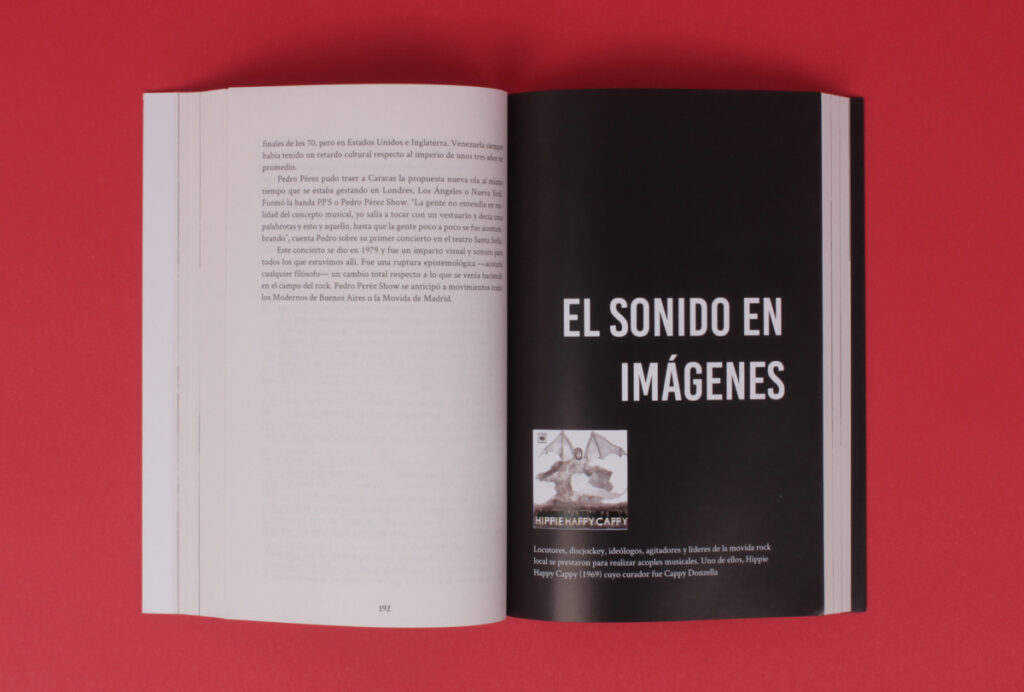Rediscovering the hidden gems of Venezuela’s musical avant-garde.
Text by: Salvatore Maldera
Idea & organization: Maurice Aymard
Picture: Teatro Principal, Caracas – Venezuela – Colección Fotográfica del Archivo Audiovisual de la Biblioteca Nacional
Dozens of venezuelan artists, who during the economic bonanza (of the ‘60s-70s-80s) were part of large projects, which had an impact or responded exceptionally to their cultures, ironically, today cannot cope with the difficulties that the future endured for them. In this area, there are those who are dedicated every day to discover authentic musical jewels that musical history has not yet recorded: they are incurable collectors, investigators, curators dedicated day by day , to discover authentic musical jewels that history has not yet recorded: they are incurable independent collectors and publishers who scrutinize entire catalogs of missing labels, never-republished references, secondhand markets anywhere in the world, radio files that are still standing (or not), until they find that pearl that brings something new to musical legacy.
They emerged at a time, so different from today in their country, that sometimes the past seems to be a dream. Not only are veteran artists who remain active in their country or have moved to the most remote places of the globe and continue with an intact artistic expression, but also those files who rest muted in a misplaced catalog on some shelf in Caracas. A different landscape was lived from 1960 to 1990, when Venezuelan production and record industry grew like foam, some labels such as Discomoda, El Palacio de la Música, Top Hits, Yare, Sonus, Velvet and Souvenir, released proposals constantly, unique, if you want, in the Latin America’s sound field, and that could only have been possible in that place and that time, although, not always, it could also be said, they were able to cover everything that was taking place in that breeding ground. Venezuela was an auspicious place where many even foreign artists found a home, a fertile ground of almost infinite possibilities, as much as the country’s economic bonanza. Similarly, cultural managers and entrepreneurs with unprecedented initiatives left traces that are preserved to this day in memory. It is a little impressive to see that just 40 years later, a lot of high-level Venezuelan production, not reissued, takes all kinds of risks of getting lost in the midst of the complicated political situation. Naturally, the sixth sense of the melomaniac has set an eye on it and insists on preserving these pieces. en put the focus on these pieces, rediscover them, while incentivizing their preservation. Likewise, different independent music labels inspired by this fact, have been responsible for researching these treasures and sharing them with the world. Fortunately, they have found an audience that has been able to appreciate them greedily, what has led to the continuation of the process. There are several music labels working in this regard,which can be listed such as:
Olindo Records + Musica Infinita (Londres)
Music label by Miguel Colmenares and Oli Brunetti. Colmenares, venezuelan, lived in Barcelona/Spain, but finally settled in London for some years. Under the Olindo Records label, new bands such as Betsayda Machado and Insólito UniVerso have been released, a fusion of psychedelic folk, contemporary electronica, and traditional Latin American music, particularly represented through the rhythms and instruments of venezuelan folklore. This brief excerpt from Insólito UniVerso explains a little the venezuelan peculiarity to which this label alludes: “While living in Caracas, a city that lies right in the middle between north and rest of South America with a large influx of european cultures of mass migration to the country, the members of the band absorbed diverse musicals influences as they grew. Italian soundtracks by Ennio Morricone, post-rock by Tortoise of Chicago and Brazilian psychologist of the Tropicalia movement; mixed with the traditional music of Simón Díaz, Cecilia Todd, Aldemaro Romero, and urban and folk music performed by unconventional musicians in the neighborhoods and towns of Venezuela.” He will soon release a sub-label of strictly venezuelan music called Infinite Music whose first release will be Gerry Weil’s The Message.
Miguel says: “For the remaining of the year we are going to release the 2th LP from Waaju. We will also release the next album by Monsalve and The Outlaws, recorded between London and Paris, mixed by Malcom Catto de los Heliocenttrics. That record will be released in September.”
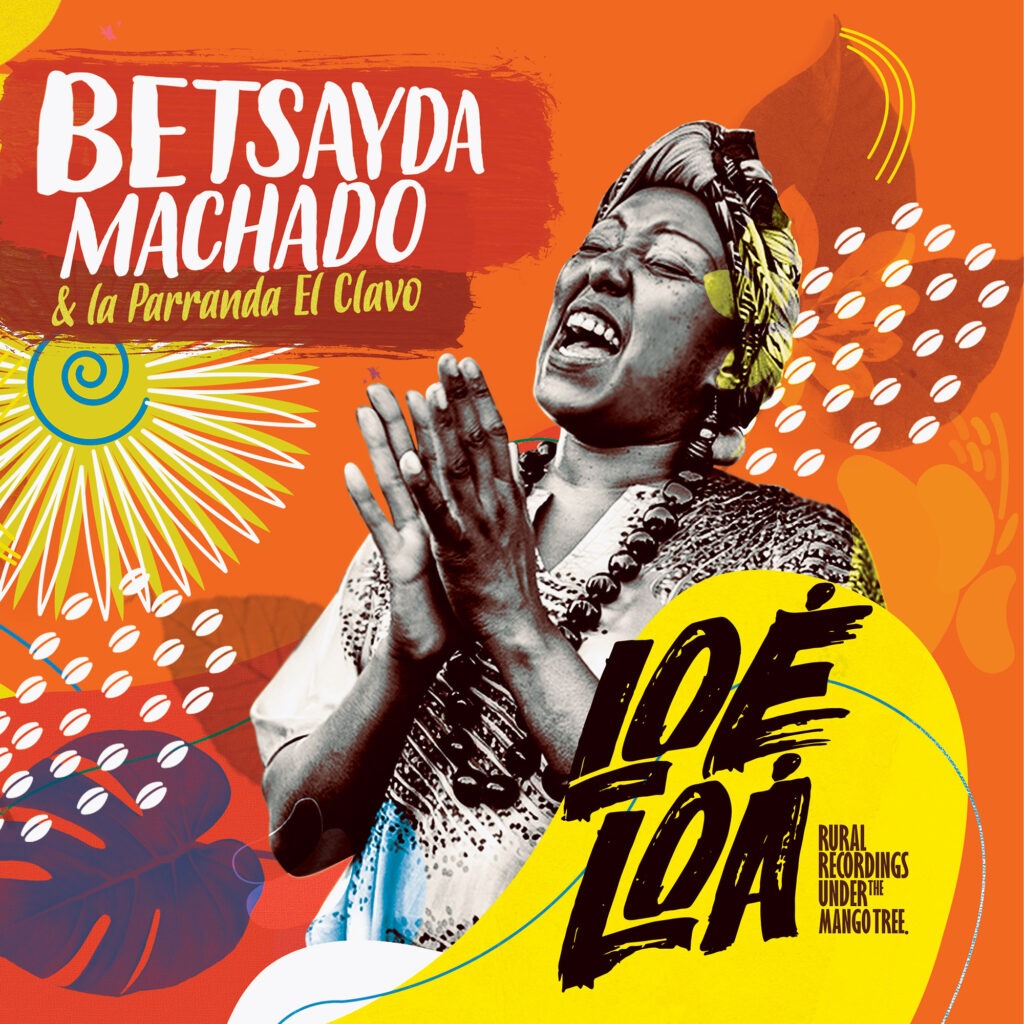
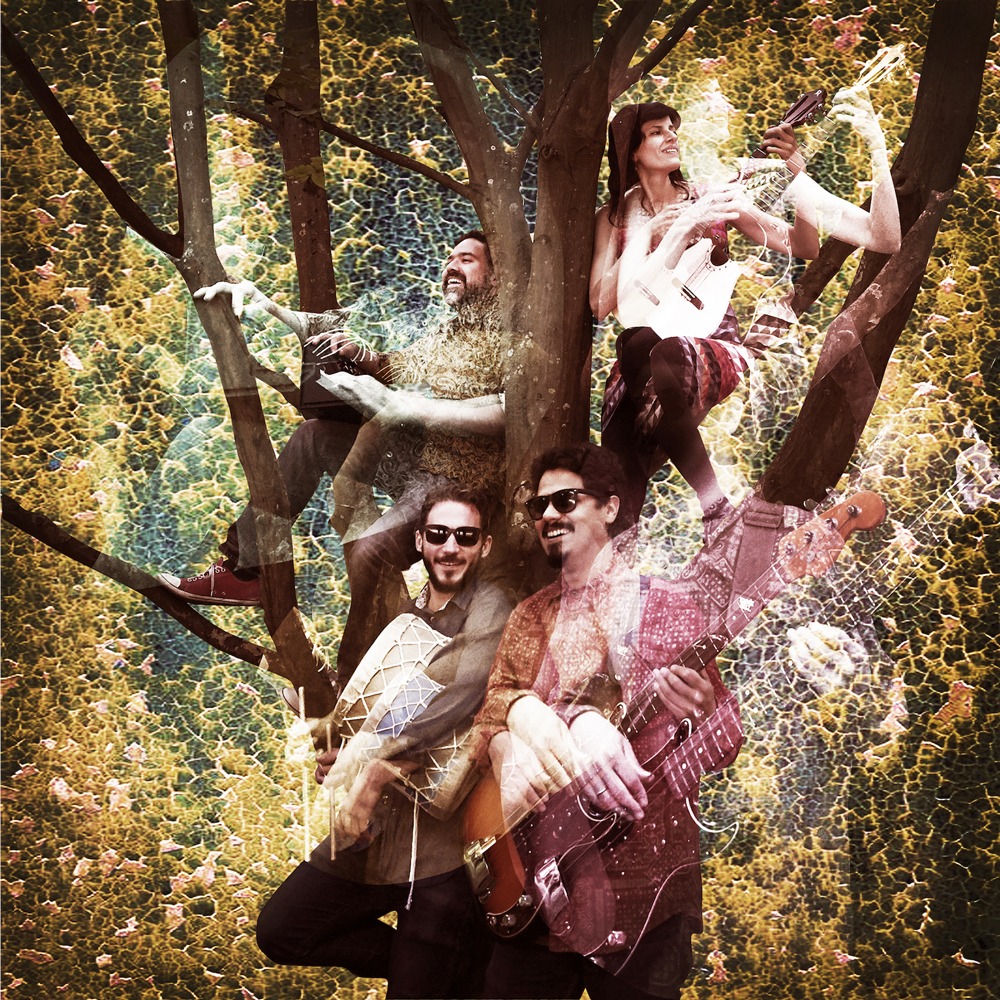
Vampi Soul + Vinilíssimo (Madrid)
This label needs no introduction. Subsidiaries of the stable Spanish label Munster records that has diversified its catalog masterfully. The Vampi Soul sub-label was founded in 2002 and has established itself as one of the most respected sources of global music. His reissues cover a large number of genres and geographical areas, from Funk from New Orleans to Jazz of Eastern Europe to tropical sounds, Peruvian groove and Nigerian Afrobeat, among others. Vampi Soul has reissued major Venezuelan albums such as Vytas Brenner’s legendary The Offering of Vytas (a masterpiece of Venezuelan folk music) and Spiteri’s self-titled album. The reissue of this magical album took place a while back, but it can be said that it somehow synthesizes the fascinating potential of the musical legacy of the Venezuelan avant-garde. On this album, which was reissued by the specialist Félix Allueva, rock, soul and psychedelia merge exceptionally with Caribbean rhythms.
They will soon publish a third release of venezuelan music, from another legendary group of the 1970s: the group Pan.
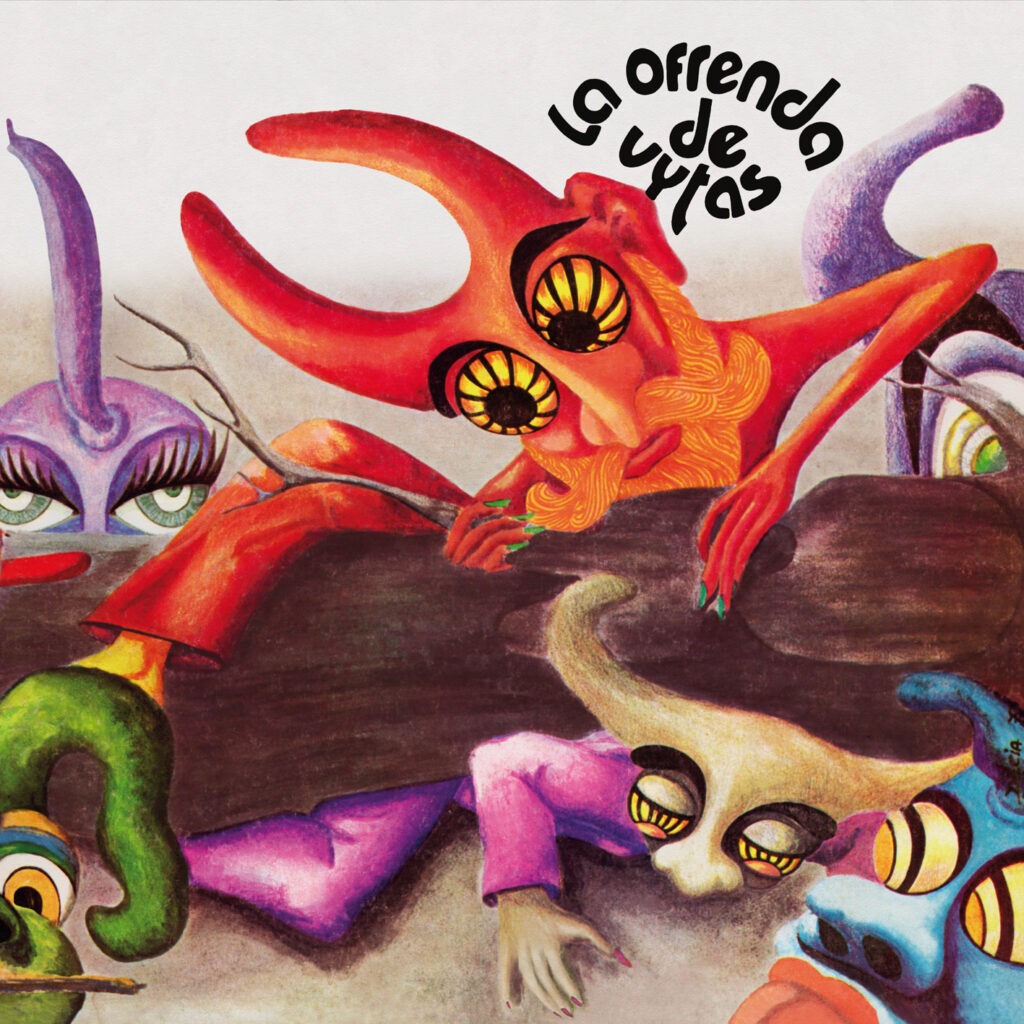
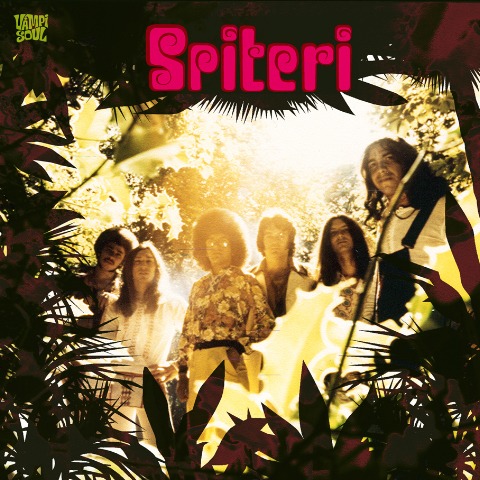
Record label based in Barcelona of recent creation, but with great impetus and energy. Formed by the young team of Maurice Aymard (label owner, A&R), designed by Georgina Maldera and Daria Mechkat. It features Paulo Olarte as curator and artist of the label. Its first two editions open the doors to an eclectic horizon with a certain mysticism towards the tropical. His first release was Daniel Grau’s first album after more than 30 years of silence, an artist highly valued among the melomaniacs, known as the venezuelan “Moroder”, of vibrant fusion between various styles in which Space Disco and Italo predominate with notes of a delicate venezuelan singularity. The second LP was a careful compilation by venezuelan pioneer Rada, an academically trained electronic musician who shared his beginnings with legends such as Klaus Schulze. His music was christened by his German colleagues as “Latin Cosmic Psikraut”, a futuristic view of the “Caribbean Sea before its time”, full of innovative textures and enveloping amorphous ones that can make you feel an almost narcotic effect. As can be seen in his work, other ideas have been present in Rada’s conceptual evolution as the interrelationship between Buddhism, philosophy and science. The Palmas Music has signed the rights to all the discography of Rada, which has allowed us to find them digitized on the main streaming platforms.
Among the projects in sight for this label, there are two compilations of music published in Venezuela in the sixties and seventies (walking through genres such as jazz, salsa, tropical music and reggae), curated by El Palmas DJ and El Dragón Criollo; and a seven-inch edition of new artists like The Jungle and Acid Coco.
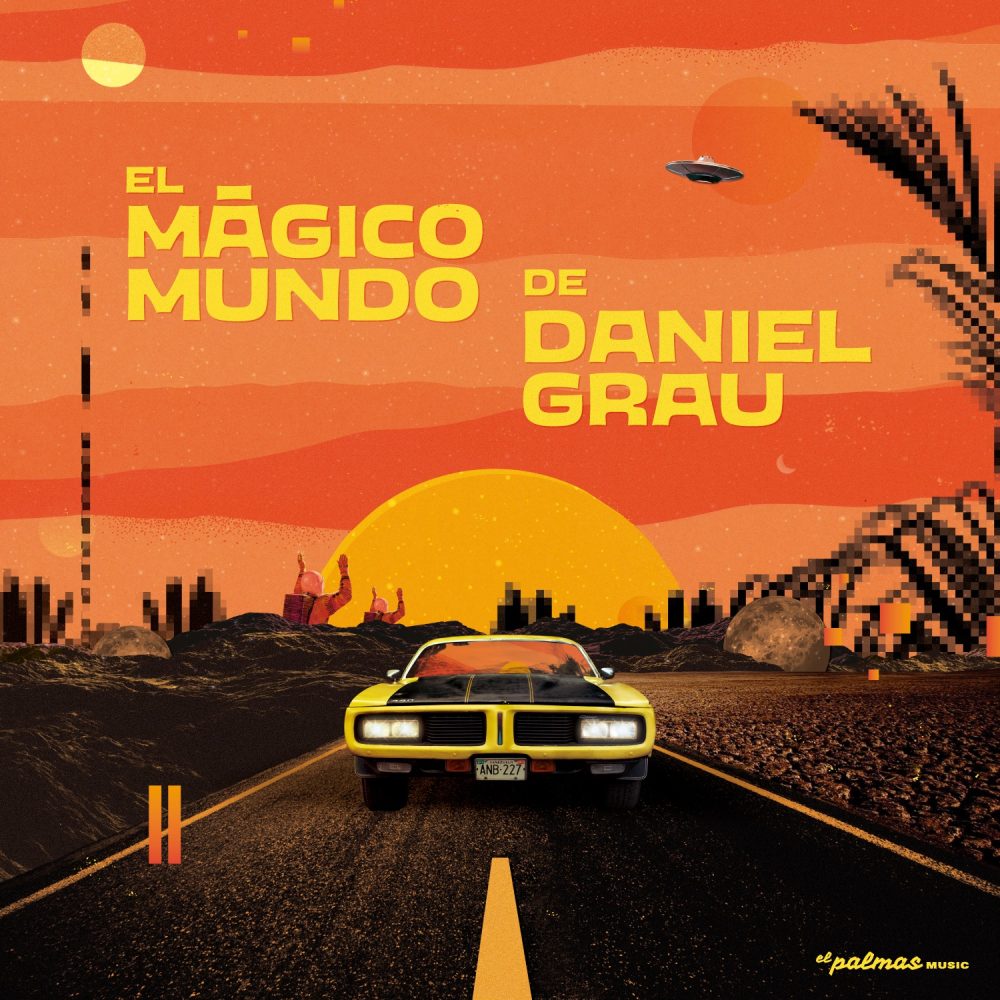
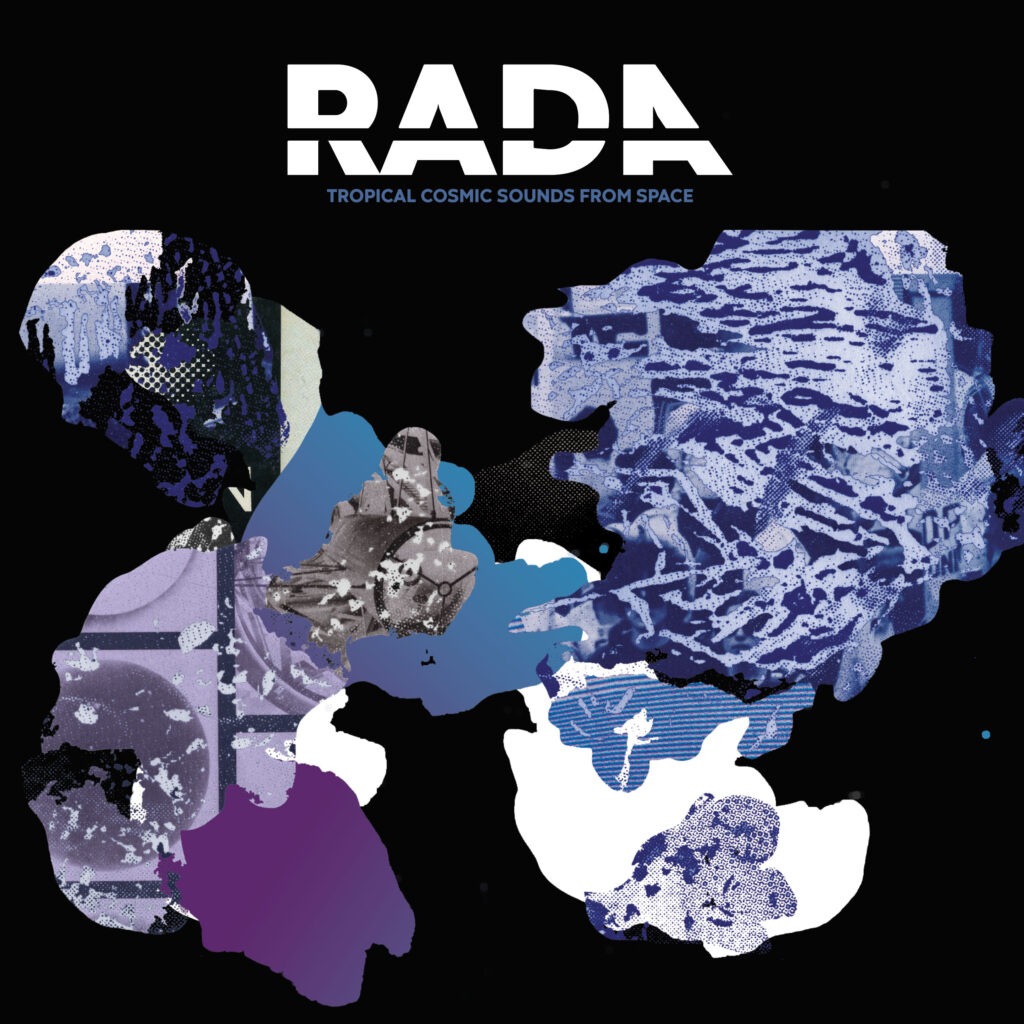
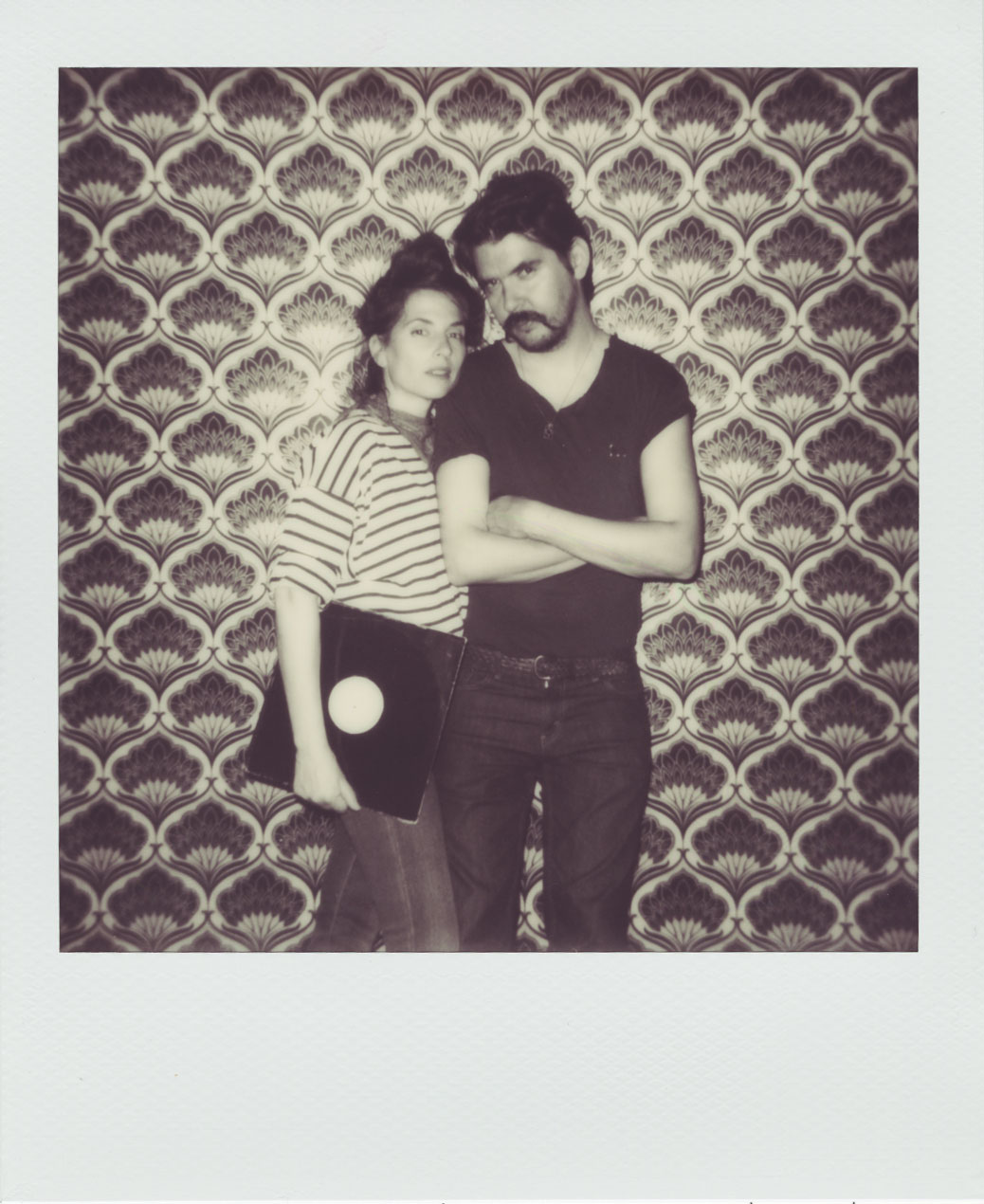
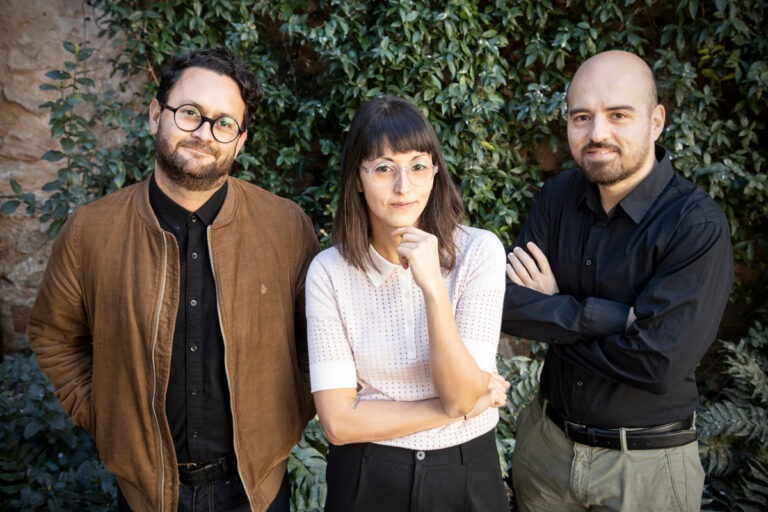
Independent label created in partnership with Wise Music Group. It acts as A&R for emerging and independent artists. It offers a platform of high reputation to new vital artists maintaining a strict quality control and facilitating agreements with an international representation also of high level. He has recently released a double LP by one of Ambient’s leading and most renowned electronic composers, Miguel Noya. On the album Canciónes Intactas, Noya compiles the best moments of his career until now, from his beginnings as a pioneer of electronic music created by synthesizers and computer music over the last four decades, in which he has contributed greatly to the cultural landscape of Venezuela. In the record label’s own notes “his transcendental, deeply intellectual vision of MIDI sequencing represents a fiercely unique approach, embellishing the burgeoning environmental electronic scene of the Western world of 1980s with a unique ambient gravity and vibrant tropical color. This compilation, Intact Songs finally allows us a rare and invaluable window to the strange and isolated lands in which so many delicate, synthetic and unusual gems have formed, made of magical and mythological Latin American secrets.”


Founded in 1997 by the collective Jazzanova, Sonar Kollektiv’s record label establishes an interesting connection, a network of independent distributors worldwide. Currently they have more than 200 references in their catalog among which is the compilation album The Magic Sound Of Daniel Grau, compiled by Jazzanova & Trujillo, a selection of songs from the golden age of this interesting Venezuelan producer.
Founded and owned by Jordi Segura, Wah Wah was born in 1992 as a record store and evolved into a record label and world reference distributor in the city of Barcelona. Its spectrum covers a large number of styles and specializes in musical rarities with a catalog that already exceeds 200 references. He has released a 7’’ album of a Vytas Brenner project called Brenner’s Folk and a 1983 LP released in Venezuela by the Electroacústico Musikautomatika experimental group composed by Luis Levin, Alvise Sachi and Stefano Grammito. This, according to Luis Alvarado, has probably been “the most stable collective focused on free improvisation with electronic means in Latin America, inspired by the work of the Italians Musica Elettronica Viva. Musikautomatica participated in the Electronic Music Festival (1989), an event managed by Maite Galán, Pili Galán and Felix Allueva, which remained for several years with name changes and which constituted an event of advanced in the Latin American field.
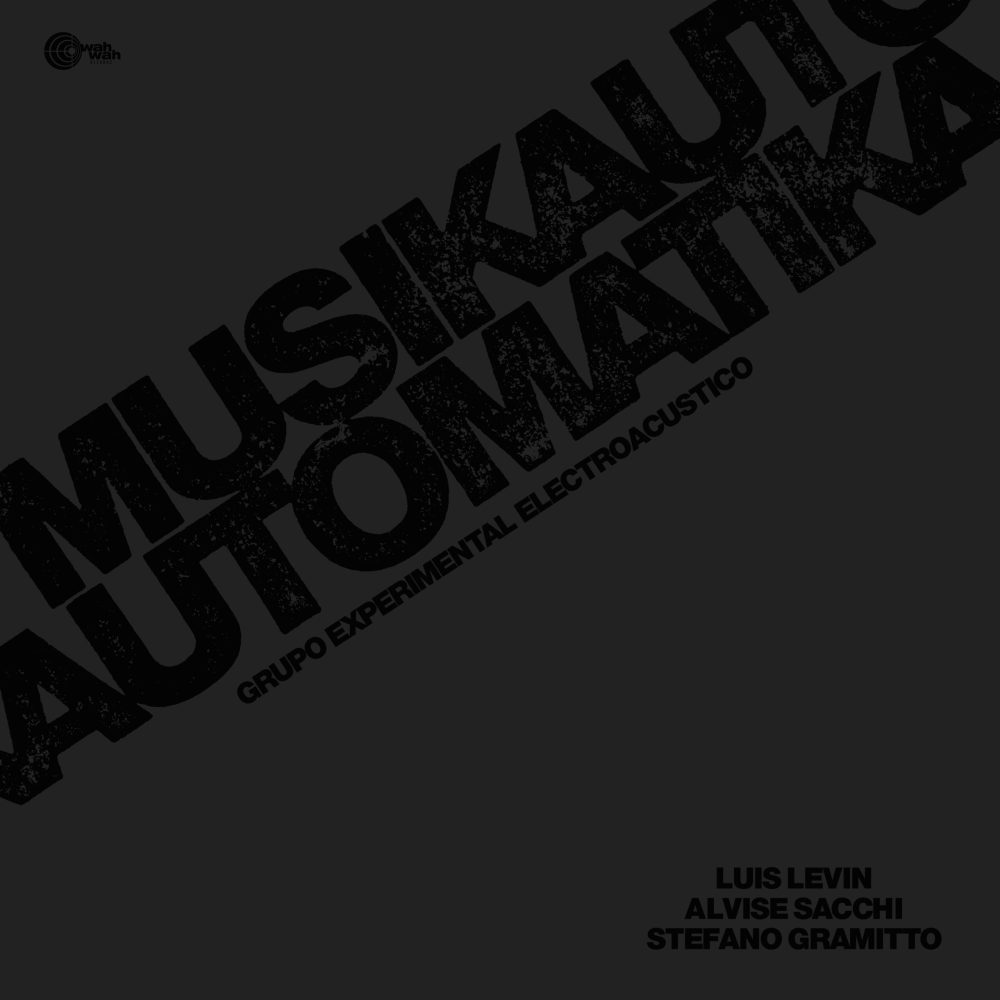

Pharaway Sounds (Lleida)
Subsidiary of Guerssen, a company founded in 1996 in Lleida, as a record label and distributor import/export. It has three labels specialized in reissues of dark psychedelia, progressive, folk or garage records from the 60s to the early 80s. Guersen is consolidated as a brand that occupies a prestigious place within the labels of reissues on vinyl worldwide. Pharaway Sounds reissued album Electronic Revolution in Venezuelan Music, a project in which the famous Venezuelan composer and arranger Chelique Sarabia (author of the world famous song “Ansiedad (anxiety)”, which he wrote as a teenager) embarked on the ambitious task of modernizing the traditional Venezuelan song book, applying the principles of the Moog synthesizer as a technique. As Guerssen refers: “Chelique, helped by a young but talented team of musicians, used traditional instruments such as the “venezuelan Cuatro” and the “Bandola llanera” , filtering them by oscillators, playing with the feedback effect, synthesizing frequencies, using tape echo”, in this way, obtained the psychedelic and exotic sound that characterizes this recording so advanced in its time.
Among their imminent projects is a compilation of singles by another venezuelan group of required and urgent reissue: the Geyser Group. This grouping was characterized by a marked tendency to merge rock with Latin cadences. Their singles were released by Vida Records and Velvet. Finally in 1973, they launched the famous “Atomic Superlmbriz” in which the group’s founding brothers played sixteen instruments. A short time later they would disappear.
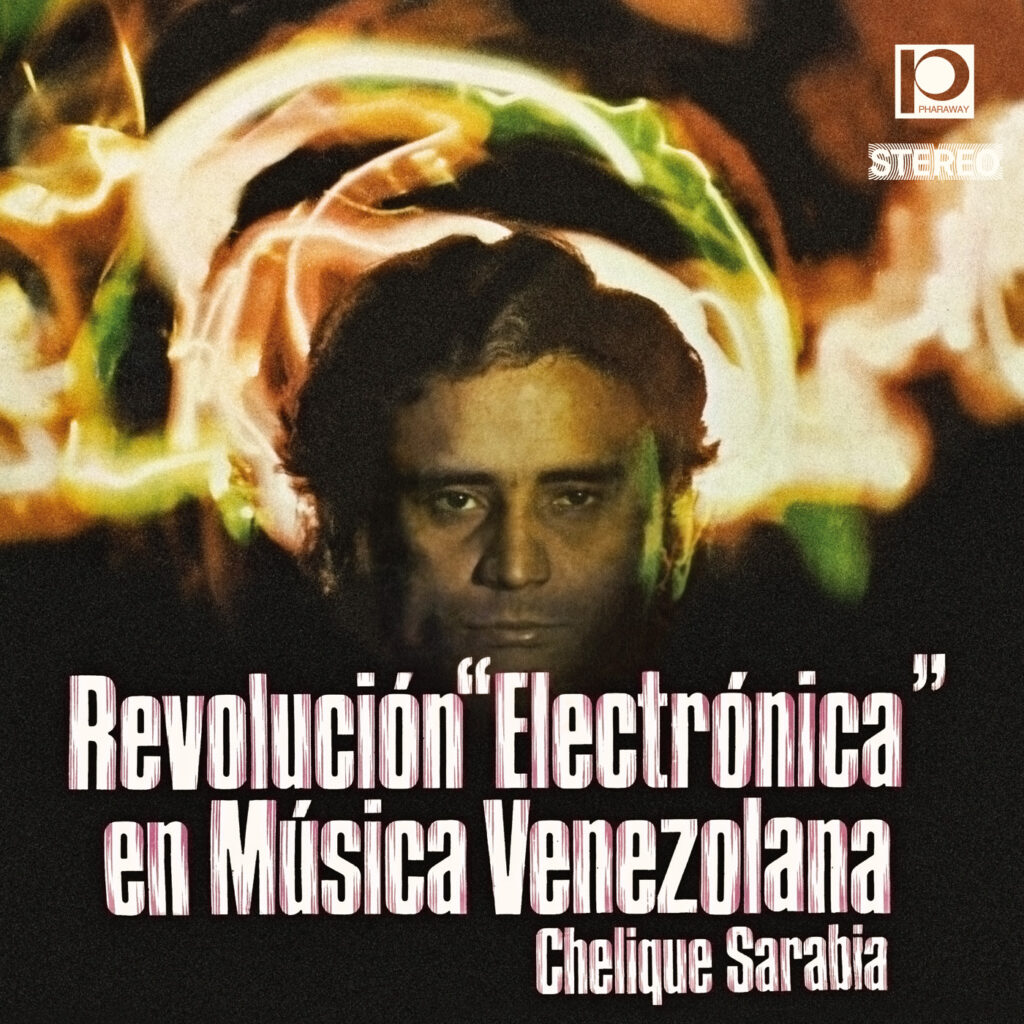
Soul Jazz Records (Londres)
The already mythical London label of reissues Soul Jazz Records (Sounds of the Universe) founded by Stuart Baker in 1992 for the intercultural connection between musical genres around the globe, edited what became the first compilation work of Venezuelan experimental rock gestated during the era of economic and cultural explosion that the country lived during the 1970s. The Venezuela 70 compilation. Cosmic Visions of a Latin American Earth would open the horizon to many music lovers regarding the music of the South American country and achieved a major success, which led to the label at a second volume under the same theme. The compilation of the songs was by Toni Arellano, an old DJ of the Venezuelan scene known as DJ Tostoni who is also engaged in the sale of records around the world.
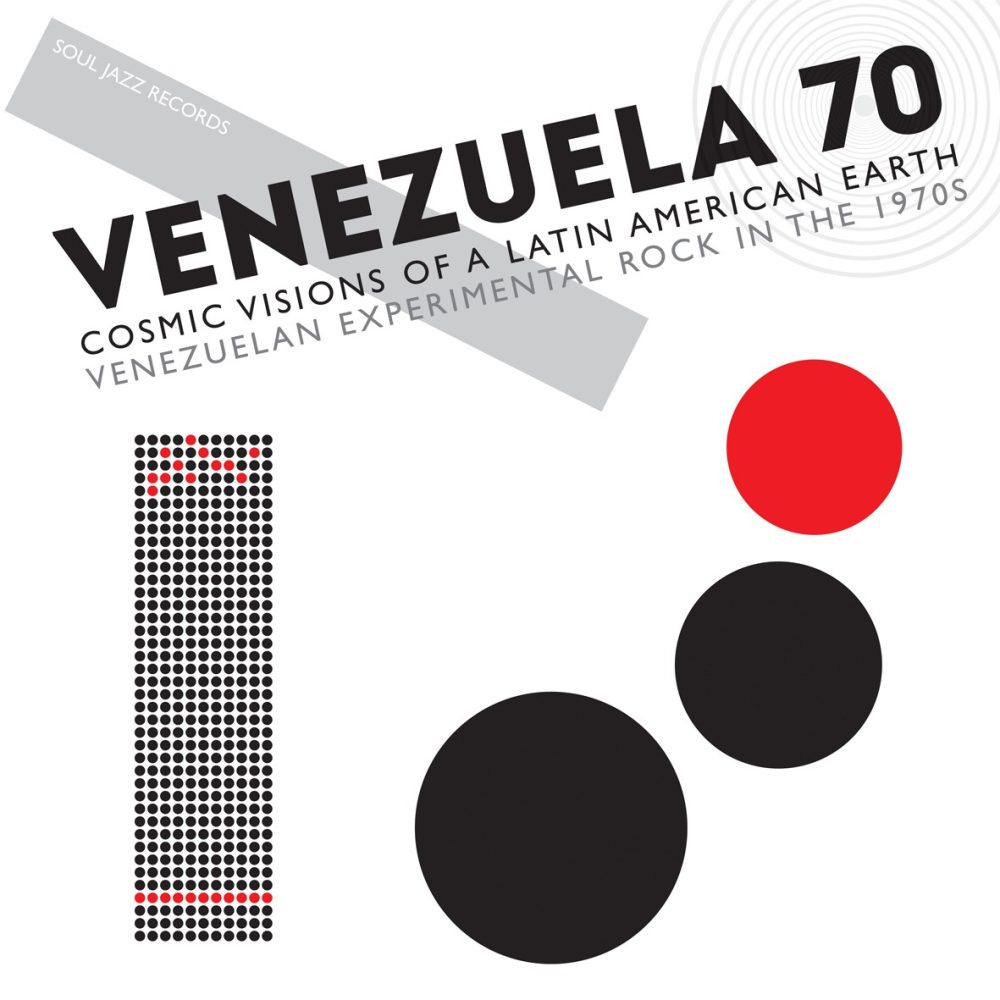
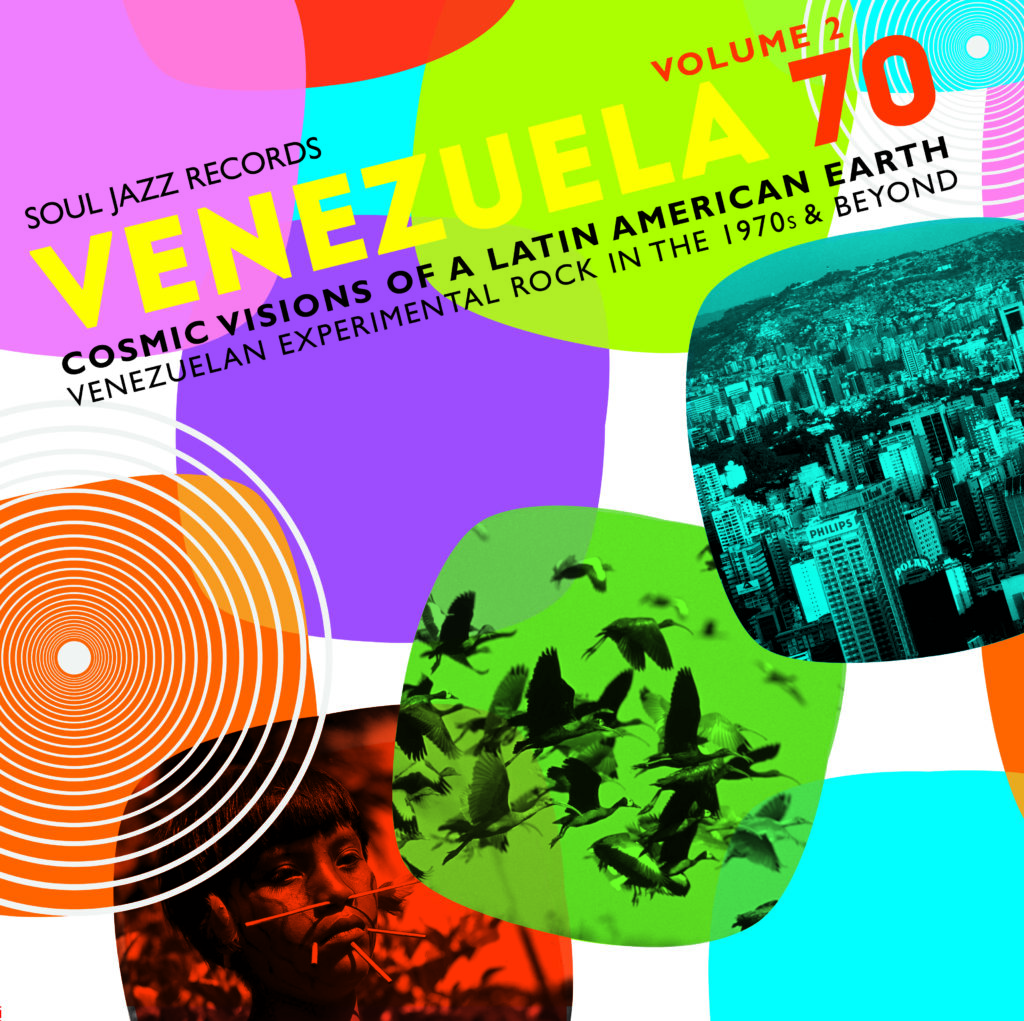
Textos de Félix Allueva
Finally, we would like to mention in this brief compendium the texts of Felix Allueva an undeniable compass to delve into the literature available around the contemporary musical history of Venezuela. Allueva has been founder, producer, promoter and manager of major events such as Venezuela Jazz Festival, Electronic Music Festival and the Festival Nuevas Bandas (which already has more than 30 years) that have given visibility and inspired hundreds of musicians. The author de Chronicles of Rock made here: 50 years of Venezuelan rock (1998) is currently active in the systematic classification of the fundamental albums of Venezuelan pop rock, carrying out the production of a documentary for cinema, historical compilations with groups that have participated in the Festival Nuevas Bandas and a new cultural critical essay.
Rock Vzla 1959-2019 es un ambicioso proyecto que, sin duda, se consolidará como referencia de la historia del rock venezolano, es un trabajo que aborda esta temática desde el nacimiento del género en las calientes tierras de Maracaibo y la apariciòn del twist y surf en la Caracas cosmopolita de los años 60. Hasta el surgimiento de la música urbana y aportes internacionales como Alejandra Ghersi “Arca” (artista transgénero venezolana productora de Utopia de Björk). El texto analiza gran variedad de temas en orden cronológico como el impacto de la psicodelia y la vanguardia en el ámbito latinoamericano, la cristalización del rock venezolano en la década de los 70, alimentándose del folklore local con la meta de crear un sonido típicamente venezolano dentro de los géneros de música moderna. Este movimiento acaba extendiéndose al jazz fusión e, incluso, la música disco. Le siguen años de metal y punk, cuando la vida cultural sufre un vuelco radical con grupos que van de Sentimiento Muerto a Desorden Público y Los Amigos Invisibles, ampliamente exitosos. En las postrimerías del siglo XX y comienzos del XXI, aparecerá lo que bautiza la “generación nuevas bandas”, una avalancha de grupos que hacen renovación total al panorama y logran invadir, finalmente con éxito, el mercado regional con calidad y originalidad, es la época del llamado VRock, en la cual nos encontramos. El abordaje tiene mucho de sociología y polìtica, áreas normales de su autor, ya que, por supuesto, la expresión musical tampoco pudo escapar al “efecto Chávez”. Allueva describe cómo el movimiento ha sobrevivido en los tiempos de la “revolución”. Además contendrá un buen volumen de discografía, cronologías, fotografìas de los temas tratados y muchas anécdotas y leyendas urbanas: “Bowie camina por Caracas en 1968”, “George Martin producirá el nuevo àlbum de Spiteri”, “Andrès Calamaro produce el disco debut de Sentimiento Muerto”, entre otras…
Rock Vzla 1959-2019 is an ambitious project that will undoubtedly be consolidated as a reference in the history of Venezuelan rock, is a work that addresses this theme from the birth of the genre in the hot lands of Maracaibo and the appearance of twist and surf in the cosmopolitan Caracas of the 60s. Until the rise of urban music and international contributions such as Alejandra Ghersi “Arca” (Venezuelan transgender artist producing Utopia by Bjork). The text analyzes a wide variety of topics in chronological order such as the impact of psychedelia and the avant-garde in Latin America, the crystallization of Venezuelan rock in the 1970s, feeding on local folklore with the goal of creating a typically Venezuelan sound within the genres of modern music. This movement ends up spreading to fusion jazz and even disco music. Years of metal and punk follow, when cultural life suffers a radical turn with groups ranging from Sentimiento Muerto to Desorden Publico and the widely successful Los amigos invisibles. In the aftermath of the twentieth century and the beginning of the XXI, will appear the so called Generacion Nuevas Bandas (new bands generation), an avalanche of groups that make total renewal of the panorama and manage to successfully invade, finally, the regional market with quality and originality, is the time of the so-called VRock, in which we find ourselves now. The approach has a lot of sociology and politics, normal areas of its author, since, of course, musical expression could not escape the “Chávez’s dictatorship effect”. Allueva describes how the movement has survived in the times of the “revolution.” It will also contain a good volume of discography, chronologies, photographs of the topics covered and many urban anecdotes and legends: “Bowie walks through Caracas in 1968”, “George Martin will produce the new Album of Spiteri”, “Andres Calamaro produces the debut album of Sentimiento Muerto”, among others…
They are not the only ones, from now on we have to discover new references and reissues in the same framework. The rewriting of the times for the Venezuelan music archive is evident, and it will bring us great news. In neither case is it about putting the spotlight to rescue a “dark age”, on the contrary. In many cases we can say that it is a work of conservation of what occurred under a luminous age, and at the same time, rediscover works that do not lose the brightness but whose original context has changed so much, that their possibilities of transcendence are often blurred. These and some other independent labels show us that it is very easy to get your head out of the filters of Spotify or YouTube and go into adventurers like them, who every day go out looking for lost treasures to share with the world, putting their hands in a dusty warehouse or in the collection of some incurable melomaniac that has allowed them to access their personal libraries. They are entrepreneurs whose ultimate motivation is to rewrite our musical algorithm.
